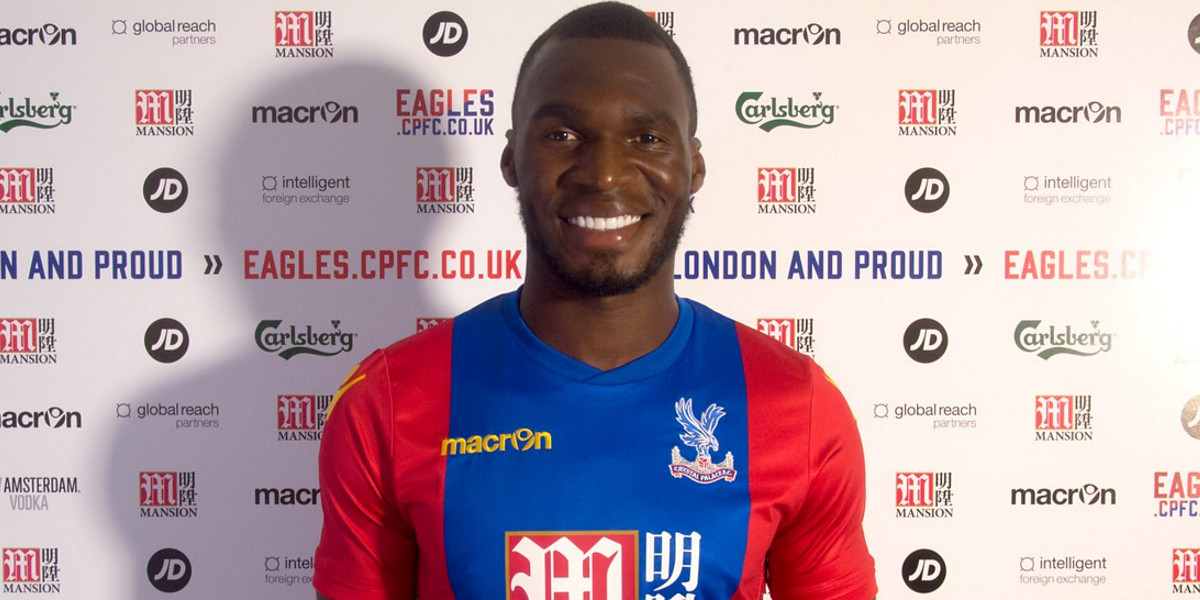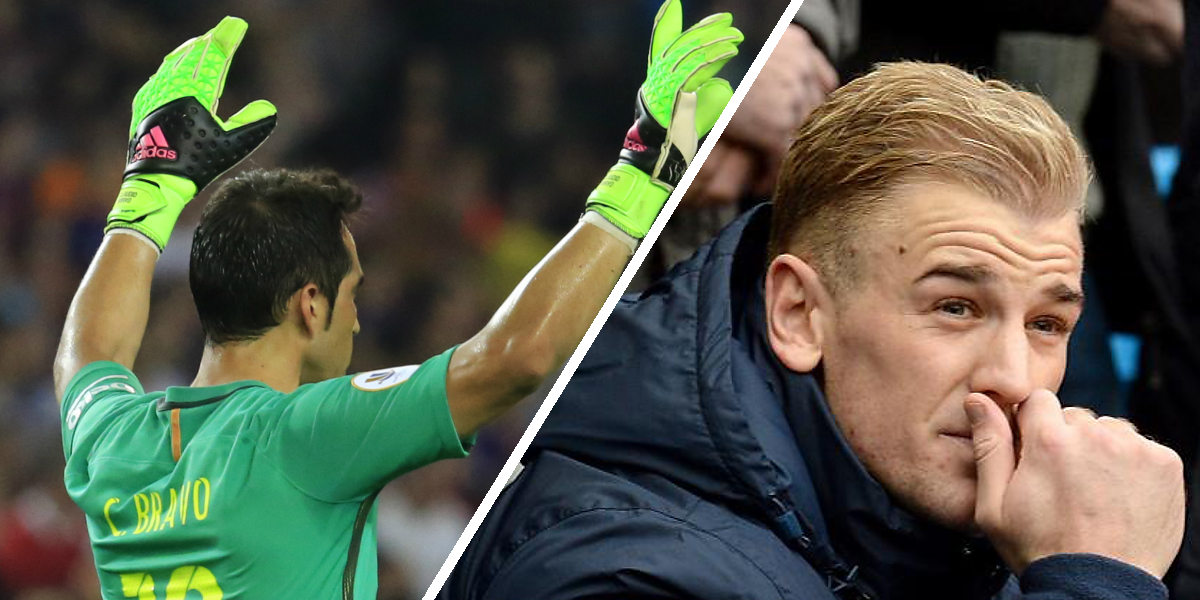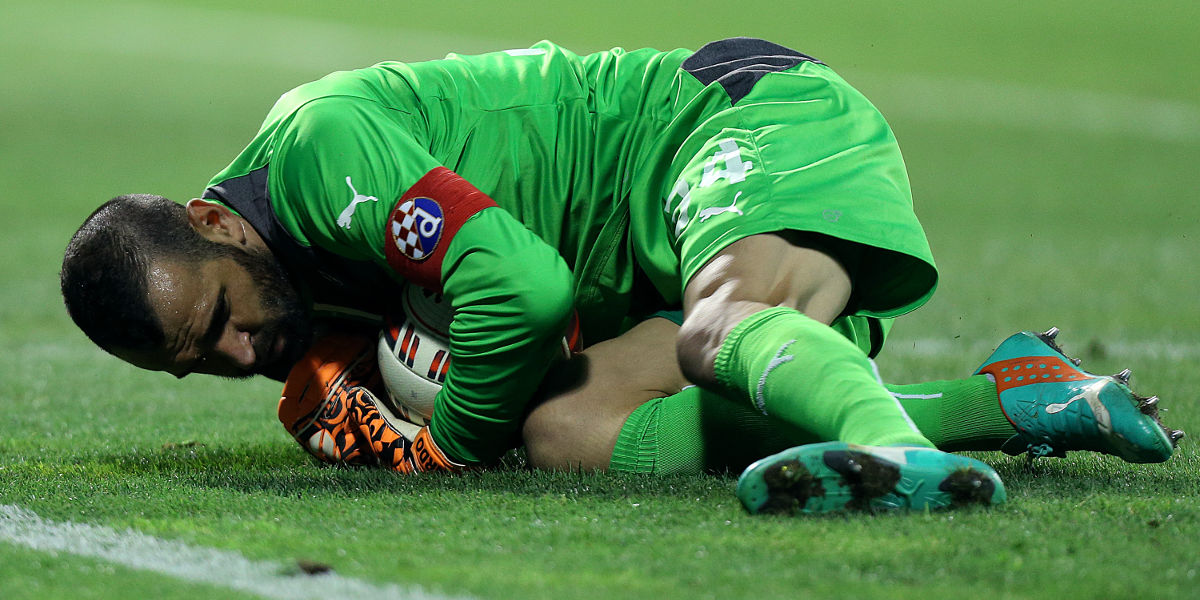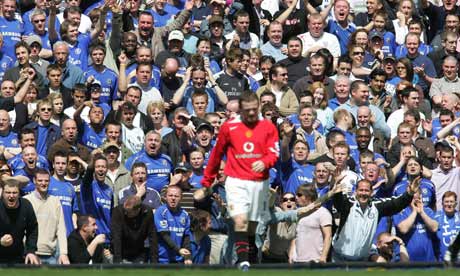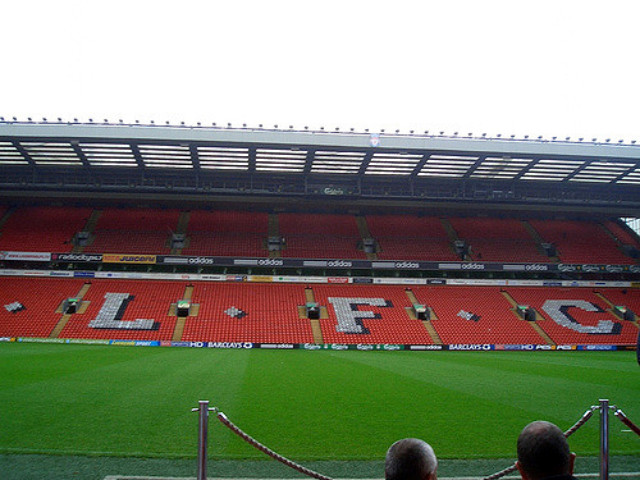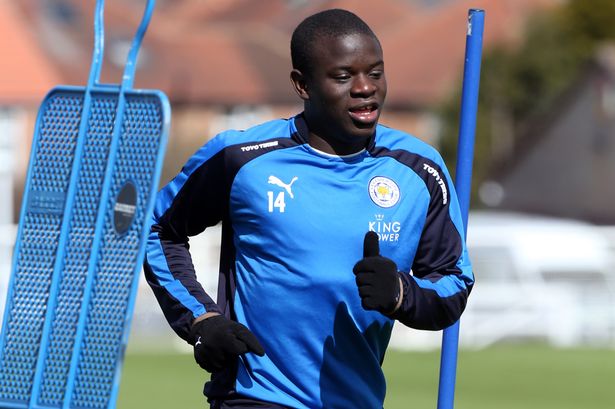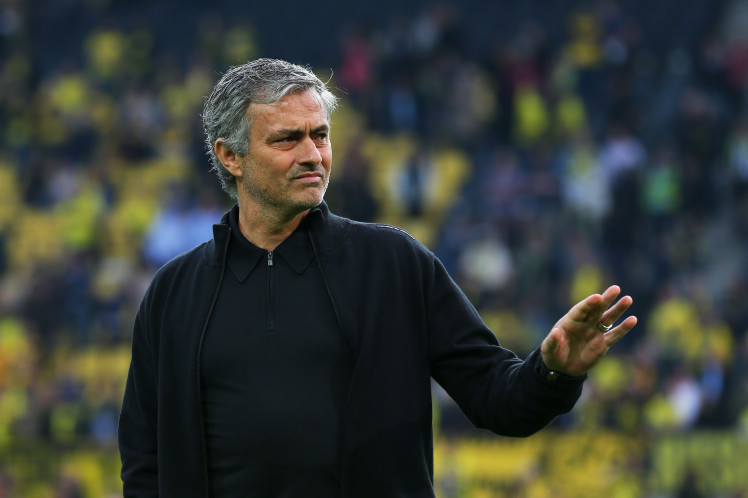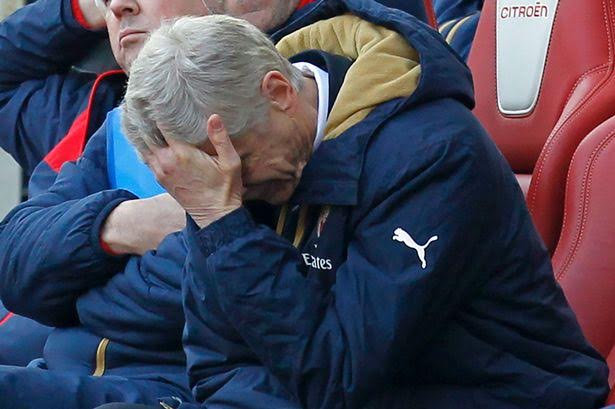You don’t have to go too far these days to meet someone who has gone through a divorce, or converted from one faith to another, or left their job for a new career in an entirely different profession. Yet you rarely hear of someone announcing they have split from the football team they grew up supporting.
The true fan would never entertain such a thought. Admitting that you have left your team to follow another is more shameful than owning up to being a member of the Chris de Burgh fan club, or having the largest collection of pornography in western Europe. Or perhaps both.
But why is it so rare for anyone above primary school age to change the team they support? After all players, managers and even chairmen (Peter Ridsdale being a case in point) can switch clubs regularly.
A couple of seasons ago I ditched the club I had supported for over 30 years. I won’t name them; suffice to say I didn’t like the owners and I had grown increasingly tired of the manager attributing each and every defeat to clueless match officials (rather than, you know, giving a bit of credit to the opposition). The final straw came when an underperforming striker – whose sleazy behaviour just happened to be all over the tabloids – showed a disgraceful lack of respect for his colleagues and the club and was subsequently rewarded with a fat new contract extension.
“Enough,” I thought. “How can I cheer this man when he scores? How can I share in the success of a belligerent, confrontational manager who, for many reasons, I now find extremely annoying?” The short answer is that I couldn’t. Despite all the fun I’d had, it was time to move on.
I found another team to follow: the club I would have chosen all those years ago had a certain family member been more persuasive. It has worked out well. I love my new team, even if they don’t ever look like winning any silverware.
So, why was I able to walk away from my ex? Many thousands would never want to do the same. They attend matches; they’re part of a community; it’s in their blood. Some of them probably have weird tattoos of club legends on their chests.
My devotion to the cause developed from a choice I made when I was about six or seven. I grew up in a town which, at the time, didn’t have a League club (the nearest was about 100 miles away) and I wasn’t brought up to attend matches every other weekend.
Boys in my school typically supported teams their dads supported, or chose one of the big clubs from TV. Let’s face it, when your nearest League side is over two hours away by car, everywhere is far away. You may as well choose Liverpool, Manchester United or table-topping Swansea City (yes, it was the early 1980s).
I couldn’t go to matches but I was a fan. I had the scarves, the replica kits and – at one point – a silly hat. I cheered, I cried, I went off in a huff when they lost. And so it went on, season after season, for better, for worse. The defeats I could just about handle but when I finally realised that the love had gone, when respect and admiration had been replaced by irritation and dislike, it had to end.
Why should I, as a grown-up with a family of my own, be tied to a decision I made long ago when I still went to school in short trousers? It wasn’t easy but then it wasn’t like I’d just spent big money on a season ticket. Perhaps I knew nothing about that club was going to change (and, indeed, it hasn’t).
Maybe the reason fans don’t switch clubs is because very little stays the same in football. The player you don’t like with the bad attitude will eventually leave or lose his place. The grumpy, disagreeable manager will be fired (any day now, if you support a Championship club). The owners who don’t care about the club anyway will move on. The crap away kit will be changed next season. The embarrassing shirt sponsor has to give up sooner or later.
Hang on in there and whatever is annoying you will fade into history. No one is bigger than the club, after all. Or so they say. I decided to support another team, and I’m fine with that.
Guardian








